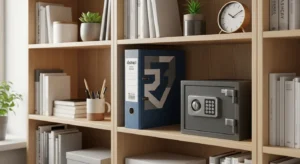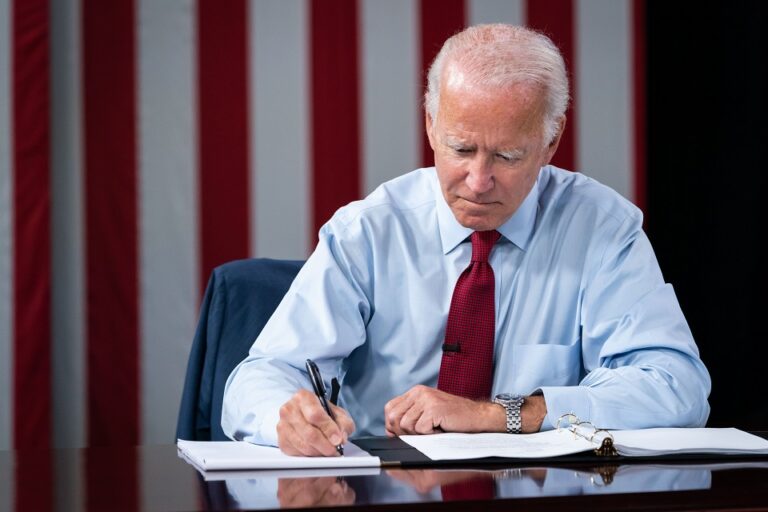
When to Consult a Professional
While understanding your rights can help you resolve many common rental issues on your own, some situations are too complex or serious to handle alone. In these cases, seeking professional help is not a sign of weakness but a smart and strategic move to protect yourself. This article is for informational purposes only and does not constitute legal advice. You should always consult with a qualified professional for advice on your specific situation.
Signs You Need Professional Assistance
Consider seeking help immediately if you encounter any of the following situations:
- You Receive an Eviction Notice: An official eviction notice (sometimes called a “Notice to Quit” or “Unlawful Detainer”) is the start of a formal legal process. There are strict deadlines for responding. An attorney can help you understand your defenses and represent you in court.
- You Believe You are a Victim of Housing Discrimination: If you think a landlord has denied you housing or treated you differently because of your age (in jurisdictions where it’s protected), disability, or source of income, it’s time to act. A professional can help you file a complaint with the appropriate agency.
- Your Landlord Engages in Illegal “Self-Help” Eviction: If your landlord changes your locks, removes your belongings, shuts off your utilities, or harasses you in an attempt to force you out, this is an illegal eviction. Contact an attorney or legal aid immediately.
- Major Health and Safety Issues Go Unaddressed: If your apartment has a serious problem like a mold infestation, a collapsed ceiling, or a complete lack of heat in winter, and the landlord refuses to fix it after you’ve given written notice, you need professional guidance on how to proceed safely and legally.
- Your Lease Contains Confusing or Predatory Terms: Before you sign a lease that has clauses you don’t understand or that seem unfair (e.g., waiving your right to a jury trial), have an attorney review it.
Who to Contact for Help
You have several options for assistance, many of which are low-cost or free:
- Landlord-Tenant Attorney: A private attorney specializing in this area of law can provide advice, negotiate with your landlord, and represent you in court. While they charge a fee, an initial consultation may be free or offered at a reduced rate.
- Legal Aid Societies: These are non-profit organizations that provide free legal services to low-income individuals, including seniors. They are an invaluable resource for eviction defense and other serious housing issues. Search online for “legal aid society” in your city or county.
- Tenant Rights Organizations: Many cities have tenant unions or advocacy groups that offer counseling, information, and support to renters. They can help you understand your rights and options.
- The U.S. Department of Housing and Urban Development (HUD): If your issue is related to discrimination, you can file a complaint with HUD or your state’s fair housing agency. They will investigate your claim at no cost to you.
- Area Agency on Aging: Your local Area Agency on Aging can often connect you with legal resources and other support services for seniors in your community.
Don’t wait until a problem becomes a crisis. Reaching out early can often prevent a difficult situation from escalating and lead to a much better outcome.




